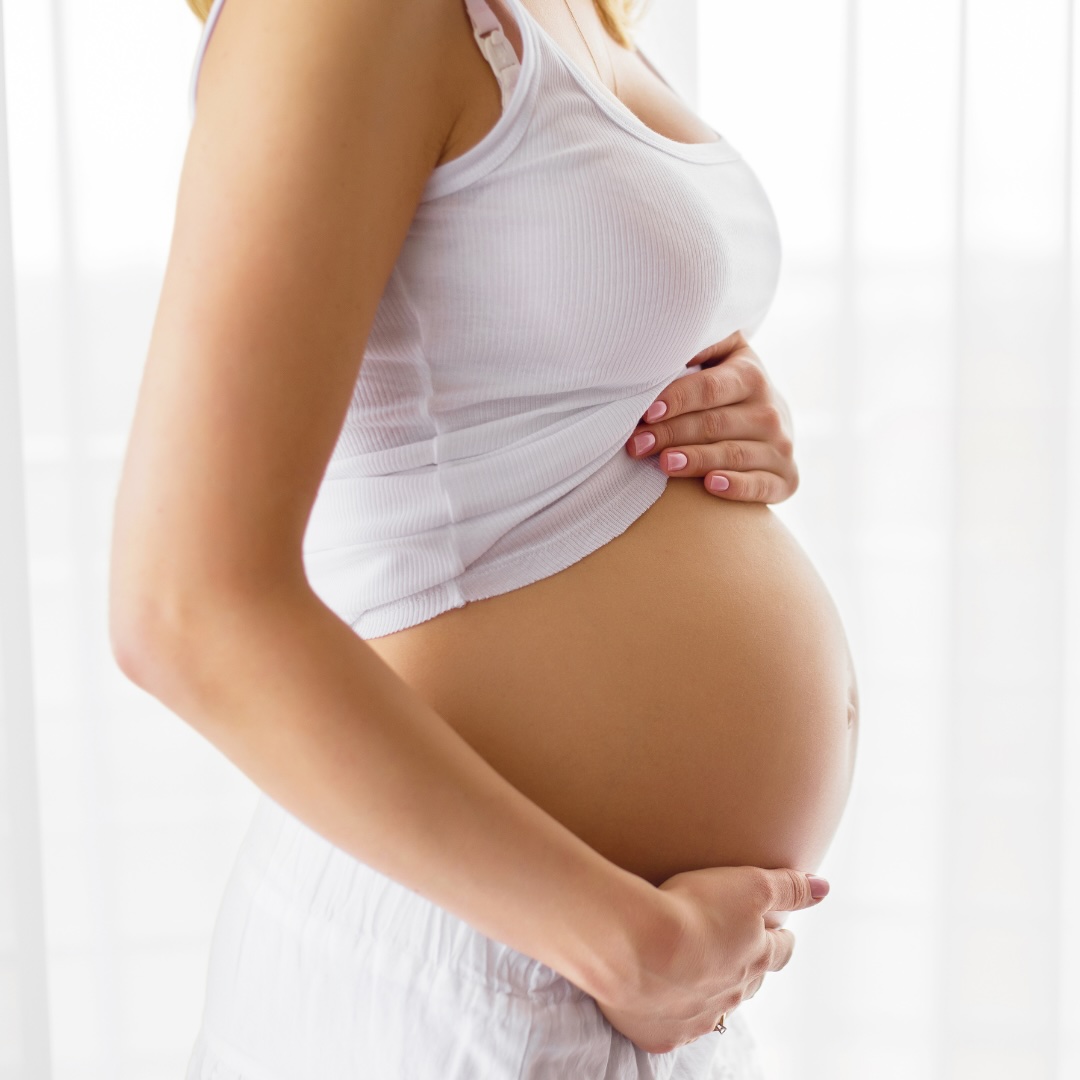The scientific reality about personification, pain and the inherent worth of human life from conception
I am responding to the letter by Peter Dingli entitled ‘Abortion complexities’ (February 7). In the letter, Dingli makes several claims that lack scientific accuracy (in addition to being inappropriately dismissive of philosophical and religious arguments). I am a neuroscientist who has been investigating abortion (and abortion-pill reversal) at the preclinical level.
Dingli refers to the “flawed personification of a foetus, which lacks neurological development…” Personification is not dependent on an individual’s capacity to be aware.
If an accident severs the nerves in your arm from the rest of the nervous system, your arm does not cease to be your arm. Neither does a person who later in life suffers from severe dementia and loses the sense of self stop being a person.
Likewise, the lack of awareness of the child in the womb does not remove the reality of their personhood. Moreover, we know, scientifically and experientially, that the understanding of self and self-awareness is a lifelong journey (that starts in utero).
If it were not, we would not spend energy researching the self-awareness (which ultimately is connected with meaning in life) in our efforts seeking to remedy negative mental health.
Dingli is also wrong in the statement pertaining to the capacity to perceive pain.
Firstly, the assertions reflect a scientific arrogance (common in the medical and academic world today) implying that we know everything there is to be known pertaining to the pre-born human being – which we clearly don’t. Moreover, even those working in the scientific field pertaining to foetal pain have been forced to admit our ignorance in the matter (e.g., see [1] who reversed their earlier stance [2]).
In the 2020 paper they state “that the necessity of the cortex for pain experience may have been overstated,” and indicate that the “precise nature of foetal pain experience remains unknown and will, perhaps, remain forever unknowable”, discussing that additional brain regions below the level of the cortex, which develop earlier in foetal development, may be implicated in foetal pain perception.
At the end of their paper, they add that the evidence “points towards an immediate and unreflective pain experience mediated by the developing function of the nervous system from as early as 12 weeks”. Other scientific evidence points to even earlier time points.
Pertaining to the fact that the inherent worth of a human life from conception is not an objective fact, once again, Dingli ignores scientific reality. We know scientifically, objectively and with certainty that as soon as fertilisation occurs there is all the genetic material that is necessary for a new human being.
The lack of awareness of the child in the womb does not remove the reality of their personhood – Stephen Sammut
Nothing is added after fertilisation. That fertilised egg can develop into nothing other than a human being and therefore is, and remains, a human at an embryonic stage, at a foetal stage, etc., in a similar way that after the child is born, there are various stages (e.g., infant, adolescent, adult).
Moreover, interestingly, documents on the ethical treatment of perinatal animals, including at the foetal stage, still refer to them as animals. Why is this not applicable to a human foetus? Additionally, the same documentation reports that prenatal animals respond to reflexive pain at approximately embryonic day 17, equivalent to day 55 (i.e. ~7.5 weeks) of human gestation.
In reference to the mention of human autonomy, it is worth referencing The Belmont Report, which here in the US holds significant standing in relation to the ethical treatment of human beings in research.
The Belmont Report addresses the ethical principle of respect for persons as being divided “into two separate moral requirements: the requirement to acknowledge autonomy and the requirement to protect those with diminished autonomy.”
Thus, based on the scientific reality of the humanity of the individual from conception, the embryo/foetus would fall under the second category requiring protection, as a person with diminished autonomy.
Finally, arguments appealing to finances and health concerns etc., used by Dingli, would also fall under the category of “emotional appeal”. Given the hurt that most women resorting to an abortion are already undergoing and the reality that, in many cases, coercion played a significant role [8, 9], and given the evidence of potential negative consequences of abortion (including, but not limited to mental health), the Hippocratic principle of “First do no harm” would dictate that we should seek to avoid additional potential harm (i.e. the negative consequences).
This possibility is very real as is evident from both clinical and preclinical evidence including work from my own lab that showed depression- and anxiety-like behaviours in rats following mifepristone-induced pregnancy termination in addition to long-term physiological consequences [10].
Such experiments are not influenced by social pressure or religion but simply reflect the physical reality of a negative biological response/acknowledgement of an interrupted healthy physiological reality.
While there is a necessity for appropriate sex education (though not the depraved version suggested by UNFPA [11]), maybe a return to teaching the value of human life, dignity, prudence, abstinence and self-control, and other virtues (which have been shown scientifically to assist in overall well-being), in addition to providing a true moral foundation and the truths evident in science, would be a more realistic answer to educating the public about the abortion issue.

Stephen Sammut
Stephen Sammut is Professor of Psychology at the Franciscan University of Steubenville, Ohio, US.
References
1. Derbyshire, S.W. and J.C. Bockmann, Reconsidering fetal pain. J Med Ethics, 2020. 46(1): p. 3-6.
2. Derbyshire, S. and A. Raja, On the Development of Painful Experience. Journal of Consciousness Studies, 2011. 18(9-10): p. 233-256.
3. Thill, B., Fetal Pain in the First Trimester. Linacre Q, 2022. 89(1): p. 73-100.
4. Committee on Guidelines for the Use of Animals in Neuroscience and Behavioral Research, N.R.C., Guidelines for the Care and Use of Mammals in Neuroscience and Behavioral Research. 2003.
5. Hill, M.A. Embryology Carnegie Stage Comparison. February 8, 2025; Available from: https://embryology.med.unsw.edu.au/embryology/index.php/Carnegie_Stage_Comparison.
6. Department of Health Education and Welfare, The Belmont Report. 1979.
7. Kischer, C.W., When does human life begin? The final answer. Linacre.Q., 2003. 70(4): p. 326-339.
8. Reardon, D.C., K.A. Rafferty, and T. Longbons, The Effects of Abortion Decision Rightness and Decision Type on Women’s Satisfaction and Mental Health. Cureus, 2023. 15(5): p. e38882.
9. Reardon, D.C. and T. Longbons, Effects of Pressure to Abort on Women’s Emotional Responses and Mental Health. Cureus, 2023.
10. Camilleri, C., et al., Biological, Behavioral and Physiological Consequences of Drug-Induced Pregnancy Termination at First-Trimester Human Equivalent in an Animal Model. Front Neurosci, 2019. 13(544): p. 544.
11. International technical guidance on sexuality education – An evidence-informed approach. 2018, United Nations Educational, Scientific and Cultural Organization (UNESCO); UNAIDS Secretariat; The United Nations Population Fund (UNFPA); The United Nations Children’s Fund (UNICEF); UN Women; The World Health Organization (WHO): Paris, France; Geneva, Switzerland; New York, NY, United States of America.



